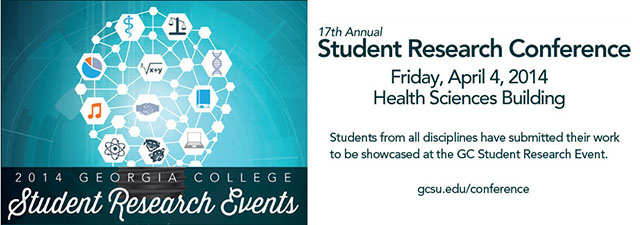
Event Title
*Micro Expressions in Jealousy
Faculty Mentor
Whitney Heppner
Keywords
Whitney Heppner
Abstract
The present study investigates the presence of select micro-expressions of emotions during jealousy, as well as potential gender differences in such emotions. Micro-expressions of anger, contempt, and disgust were elicited through conversation with a researcher about an experience where they were made to feel jealous. They were asked specific questions regarding how they felt about their partner (their significant others) and rival (the ‘third party’ making the interviewee feel jealous) at the time of the incident. Video-taped interveiwers were analyzed frame-by-frame by coders trained by Ekman’s FACE program (Ekman, 2003). Results revealed gender differences in expressions of contempt toward partners (more for females) and anger toward rivals (more for females). Results are discussed in light of an evolutionary framework of emotional responses to infidelity and in light of social exchange theory.
Session Name:
Think-Feel-Act: Studies of Cognition, Emotion, and Productivity
Start Date
4-4-2014 10:15 AM
End Date
4-4-2014 11:15 AM
Location
HSB 121
This document is currently not available here.
*Micro Expressions in Jealousy
HSB 121
The present study investigates the presence of select micro-expressions of emotions during jealousy, as well as potential gender differences in such emotions. Micro-expressions of anger, contempt, and disgust were elicited through conversation with a researcher about an experience where they were made to feel jealous. They were asked specific questions regarding how they felt about their partner (their significant others) and rival (the ‘third party’ making the interviewee feel jealous) at the time of the incident. Video-taped interveiwers were analyzed frame-by-frame by coders trained by Ekman’s FACE program (Ekman, 2003). Results revealed gender differences in expressions of contempt toward partners (more for females) and anger toward rivals (more for females). Results are discussed in light of an evolutionary framework of emotional responses to infidelity and in light of social exchange theory.

